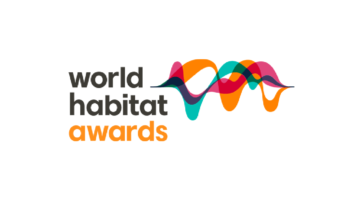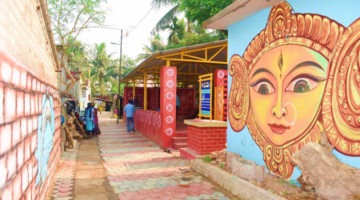
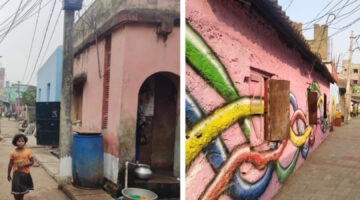
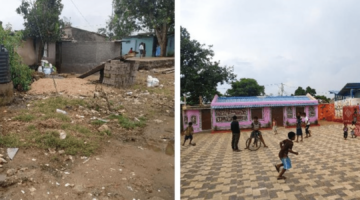
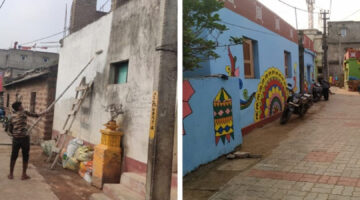
Jaga Mission
Main objectives of the project
The Government of Odisha has set an ambitious goal: to be the first state in India to eradicate informal settlements. To achieve this, they have implemented the innovative Jaga Mission, which aims to upgrade the state's 2,919 existing informal settlements by December 2022, benefiting approximately 1.7 million people. This program is based on a decentralized approach, where associations of residents of these settlements work closely with public authorities to carry out the necessary improvements. The municipal government allocates 25 percent of its budgets to finance the works, while the rest of the funding comes mainly from Odisha state funds.
Date
- 2017: Implementation
Stakeholders
- Housing & Urban Development Department, Government of Odisha
Location
Country/Region: India
Description
In the eastern Indian state of Odisha, more than 1.7 million people, approximately 25 percent of the state's total population, reside in urban informal settlements and slums. The inhabitants of these areas face extremely precarious conditions, with a lack of access to basic services such as running water, electricity and sewerage, as well as the absence of property rights and public resources. This situation creates a cycle of poverty and marginalization, exposing residents to the risk of disease, evictions and the loss of their homes, especially affecting vulnerable groups such as women, migrants and people of certain castes.
Since 2017, the state's Mission Jaga and Mission for Adequate Habitat programs in Odisha have joined an innovative effort to title land and upgrade informal settlements, with the aim of drastically improving living conditions and promoting social equality for those in urban poverty.
The program is based on the principle that all families living in informal settlements in Odisha must obtain on-site land rights to access public housing subsidies and avoid evictions. Land rights certificates are inheritable and eligible for mortgages, but cannot be sold to prevent gentrification. To date, land rights have been granted to 125,000 residents of informal settlements, including women who can acquire them through co-ownership.
Once informal settlements are mapped and land rights are granted, residents' associations are established to oversee housing and infrastructure improvements. These associations have inclusive representation, where 50 percent of members must be women or other marginalized groups. Formally recognized as partners in project governance, these associations have control over the implementation of improvements and access to funds through a special bank account.
Community participation is central to the project, with residents, including women, hired to carry out community improvements without the intervention of private contractors. Local associations oversee the work and set standards of control, ensuring fair wages that help improve family incomes.
Mission Jaga has an innovative financing system that leverages funds from various government departments to maximize investments, avoiding the creation of separate budget lines. In addition, a legal provision was established that sets aside 25 percent of a city's budget for improvements in informal settlements, a unique approach compared to other programs that often rely on external development institutions.
The program has been implemented in 2,919 informal settlements in 114 cities in Odisha, with notable progress in upgrading 585 settlements and complete eradication in eight cities between September 2020 and May 2022. This effort, considered one of the largest land titling and informal settlement upgrading projects in India and the world, continues to expand throughout the state thanks to a mentoring model that has proven effective in training and guiding new cities in the process of upgrading their informal settlements.


